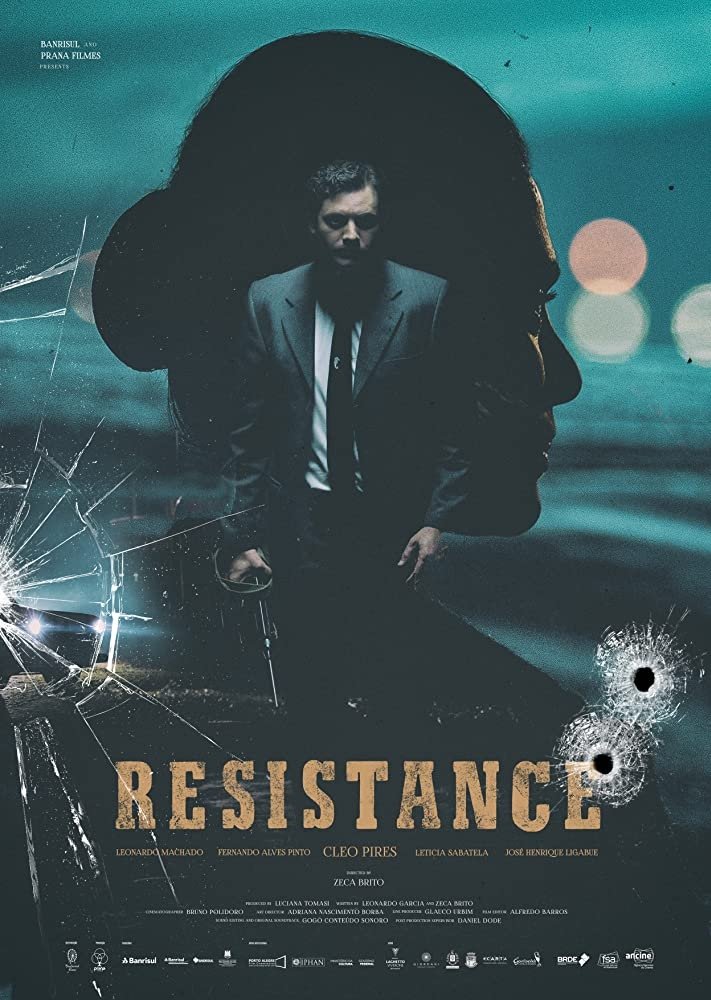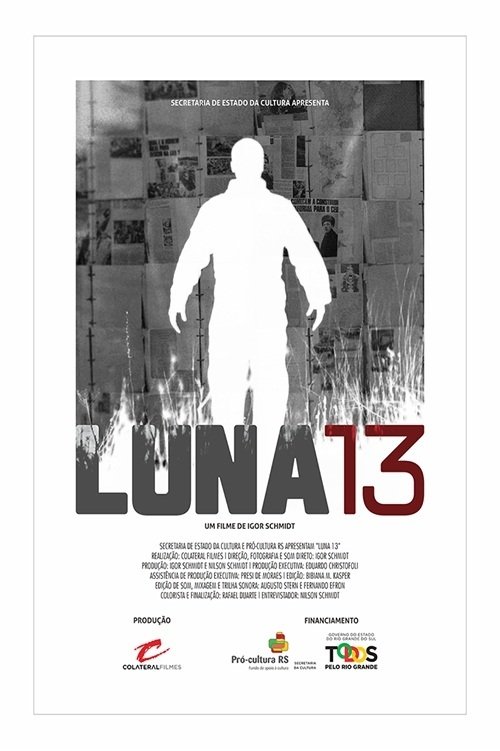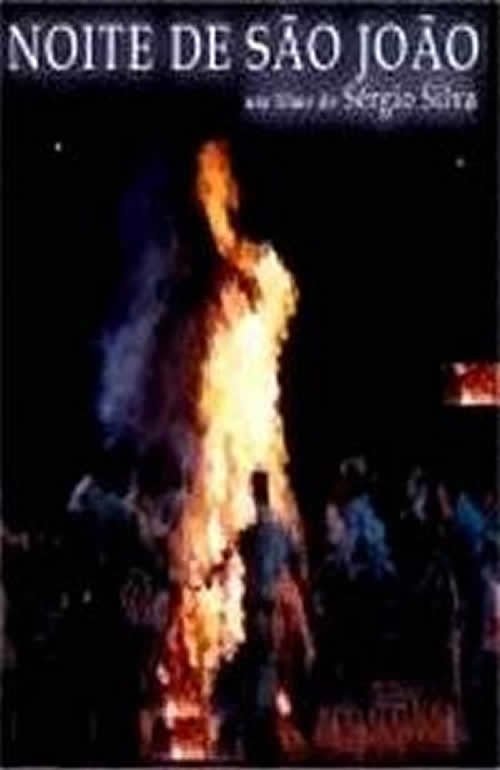

In an attempt to enter the world of organized crime, Jack goes to the mafia bar to convince Don Marionni that he has what it takes to be a successful gangster.

Bebel is a young woman in a wheelchair who lives with her mother and grandfather in the countryside. To continue her studies, she ends up moving to a big city, where new adversities become part of her life. At school, her involvement in environmental issues quickly leads her to a certain leadership role. However, a powerful local tycoon does not like this environmental activism in his region at all.

In 1961, father and son travel to Porto Alegre. Their severance leads both to unknown realities.

Brazil, 1961. In the underground of the Piratini Palace, the governor of Rio Grande do Sul, Leonel Brizola, awaits a bombing by the Brazilian armed forces. The country is on the verge of a civil war, following the resignation of president Jânio Quadros and the movement to keep vice-president João Goulart from taking office. Using the radio transmitter from his improvised bunker, Brizola sets up the Legality movement, to ensure Goulart's right to the presidential chair. Caught in the crossfire, two brothers who are in love with the same woman unite to fight alongside Brizola.

A few days after his grandfather's death, young Igor decides to make a documentary about the history of his family in an attempt to understand why his grandfather, Guilhermino, was obsessed with strange facts that had happened in his city. Thus, in 1990, in the interior of the state Rio Grande do Sul, Igor and his father Nilson interview relatives, friends and people involved in the case in an attempt to undo the bad name of his grandfather, but what they find out is a part of the story of the state, unraveling mysteries related to extraterrestrials, failed space programs and a muddled mission of the Cold War.


Written in 1625 by the British playwright Ben Jonson, the play “The Staple of News” provides a historic root for this discussion about the role of the press in modern day Brazil. Journalists of several generations discuss the dilemmas of the selection and focus of their subjects, the resistance of the media in accepting itself as a political agent, the inevitability of interpretation as there are no hard facts in nature, and above all the search for an always complex balance between credibility and the public’s growing demand for news.

An arrogant young woman, the landowner's daughter, gets involved with the farm straw boss.
By browsing this website, you accept our cookies policy.